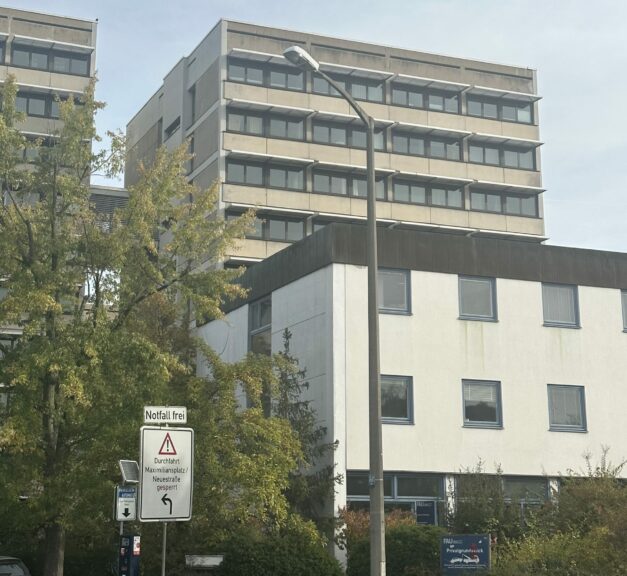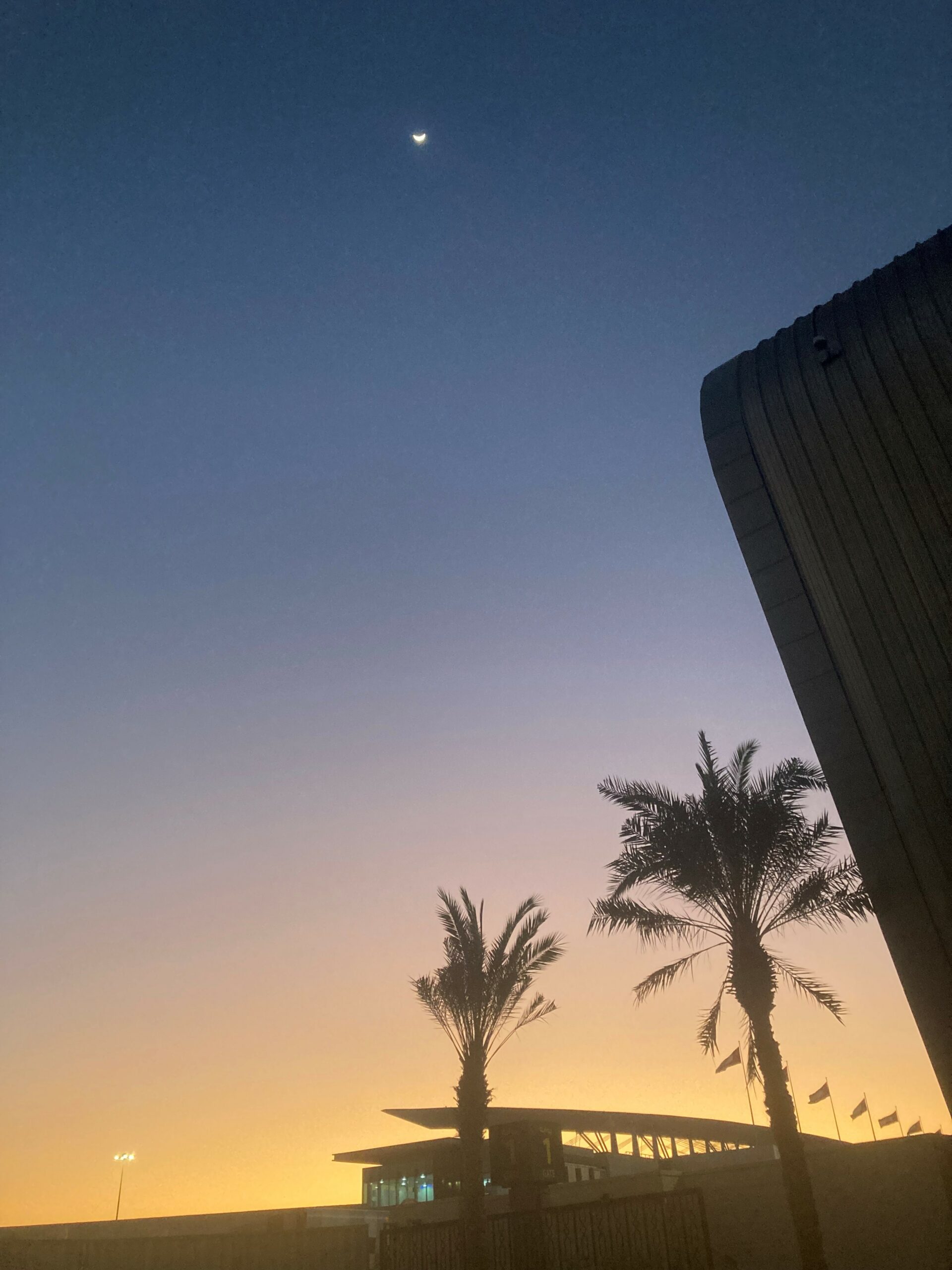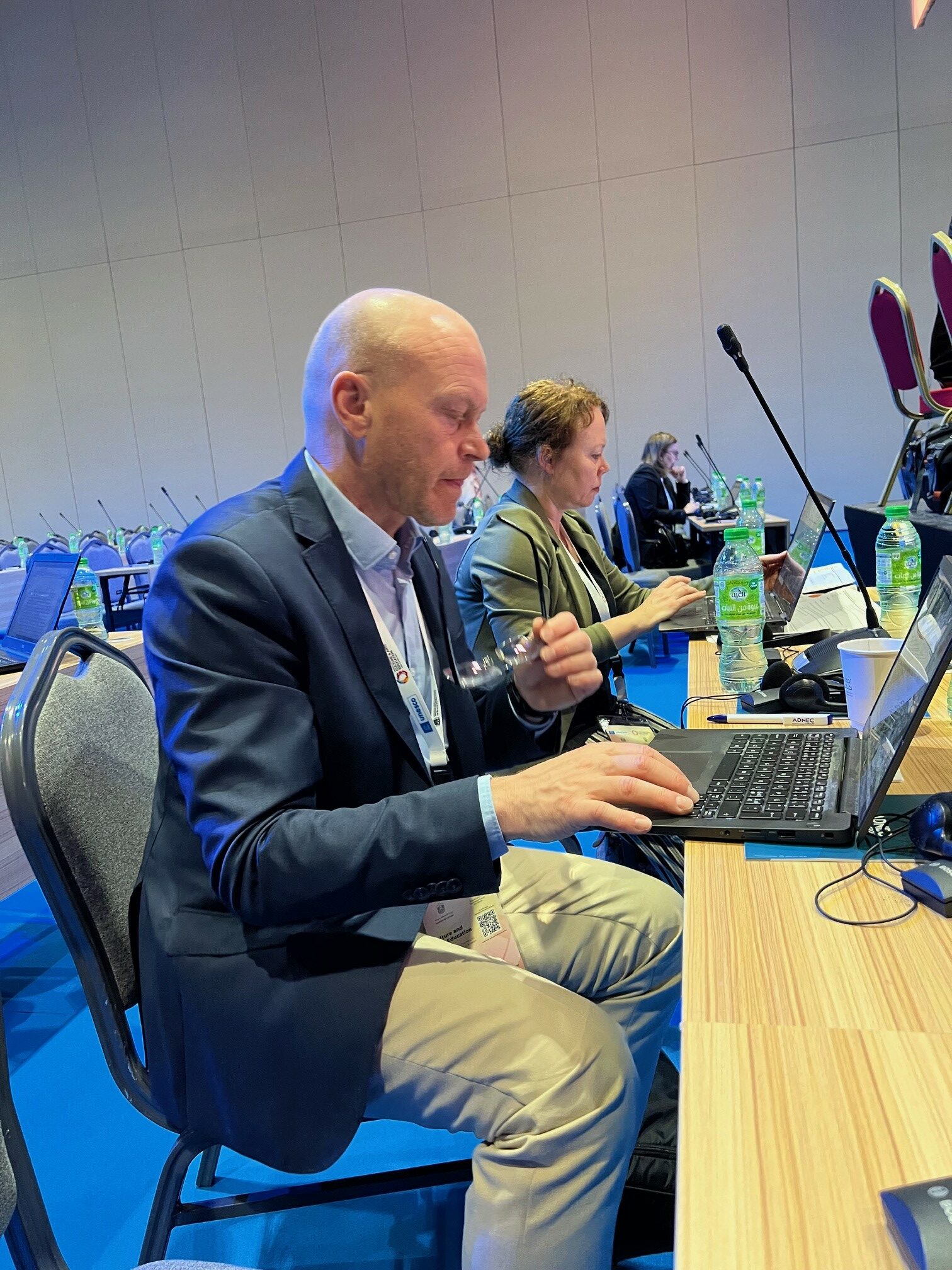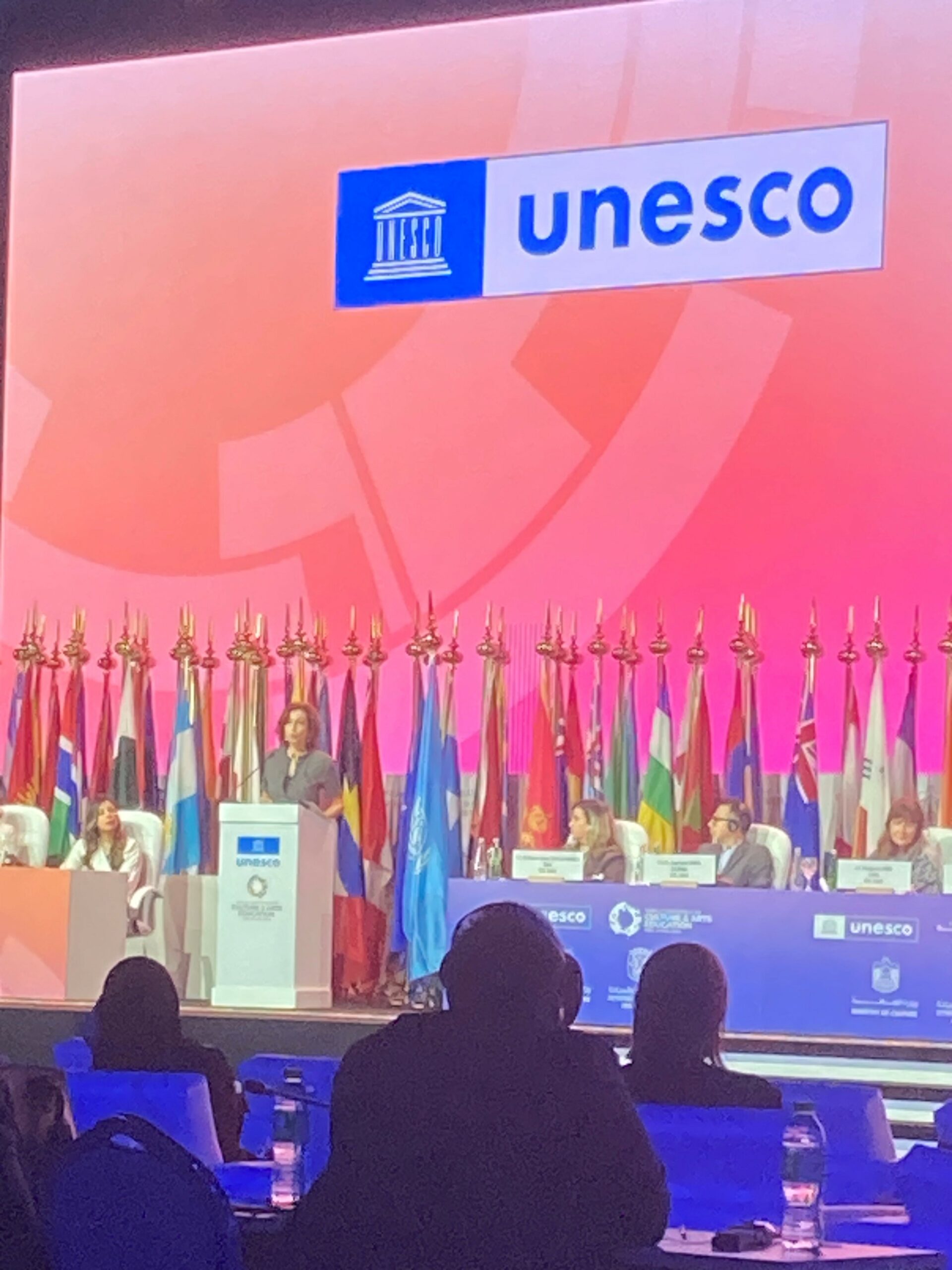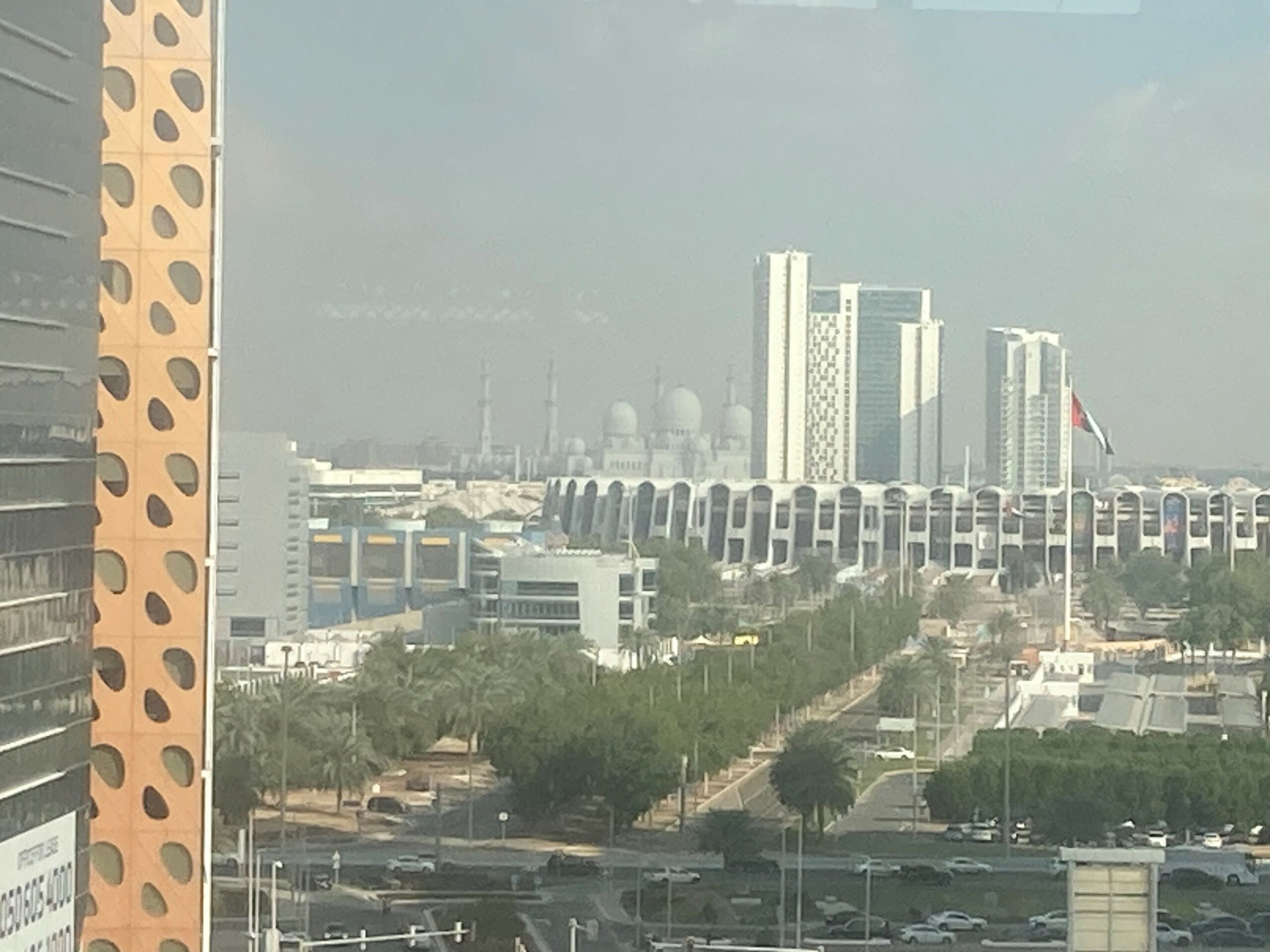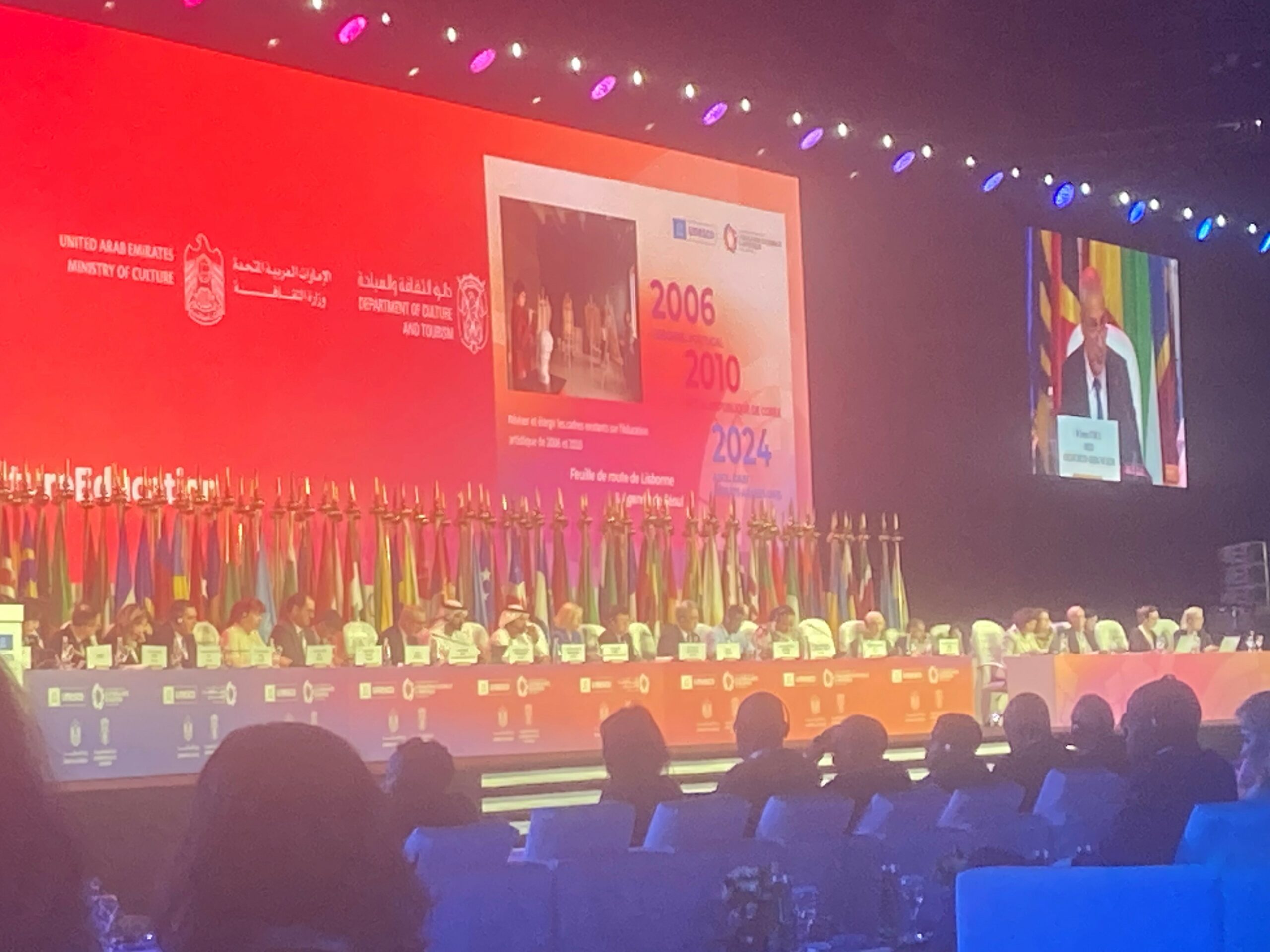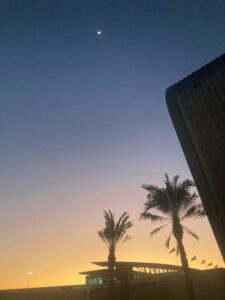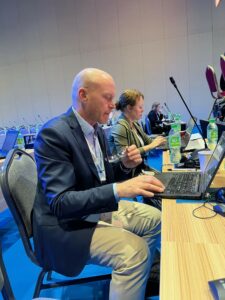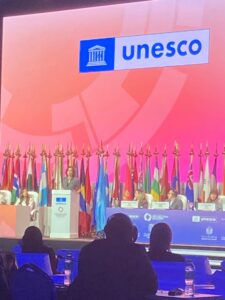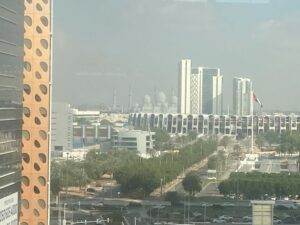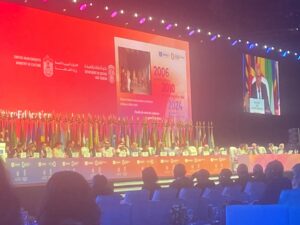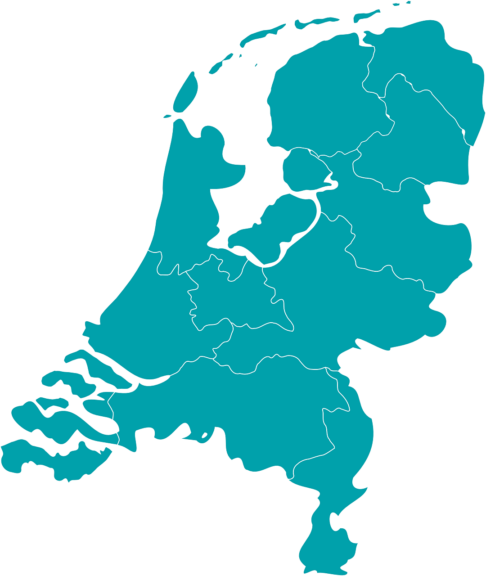Sustainable development through arts, culture and education based on collaborations and partnerships across sectors
A panel planned in collaboration between the European Network of Observatories in the Field of Arts and Cultural Education (ENO), the Art and Culture Education Network of European Agencies for Culture and Education (ACEnet), the Organisation of African, Caribbean and Pacific States (OACPS), and the European Union with the ACP-EU Culture Programme.
Contributions of the panel shed light on the UNESCO Framework for Culture and Arts Education’s implementation modalities “Partnerships” and “Research” by giving concrete examples of the multiple significances and interactions between arts, culture and education and how to further strengthen and leverage synergies to improve and accelerate the various dimensions of sustainable development through partnerships both at local, regional, national and international level. The discussion highlighted the role of partnerships across sectors to promote education about, in, through and with the arts, underlined the importance of culture as a transversal competence and the broader impact of arts education on learning and society. It came across how dynamic interaction between a variety of partners plays a pivotal role in fostering sustainable development through nurturing cultural diversity, awareness and global citizenship education promoting empathy and respect through a better understanding of diverse experiences and values. It was underlined that different approaches to research including arts-based methods can advance knowledge and practice of the field of education, and that for Member States to implement the UNESCO Framework and monitor its implementation, further work must occur in collaboration between research and practice on clarifying different understandings, and use of the concepts and terms in the field of arts education and perspectives of culture and sustainability. To scale impact of education in, about, through and with arts in a sustainable perspective more research must also be done into what defines good partnerships in schools and on how to empower teachers to lead on-going, long term arts education processes of learners. ENO as an organisation in associated partnership with UNESCO (consultative status) will initiate discussion of ideas for follow-up actions on these points with the side-event partners ACEnet, OACPS, the EU, and the ACP-EU Programme.

